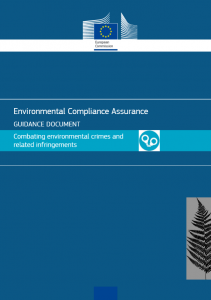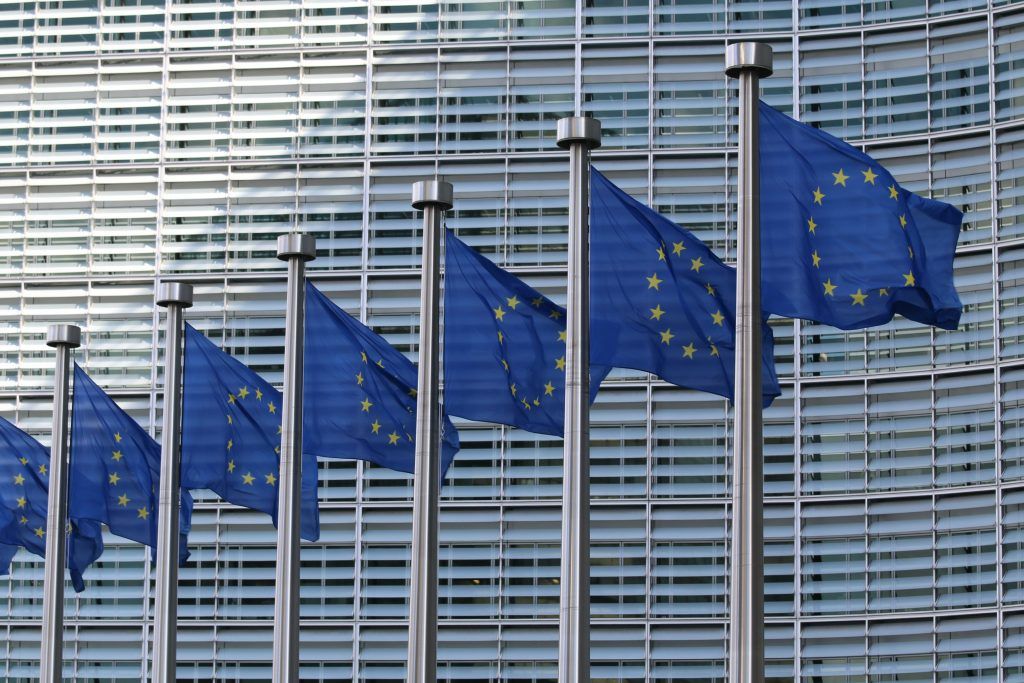In its regular package of infringement decisions, the European Commission pursues legal action against Member States for failing to comply with their obligations under EU law. These decisions, covering various sectors and EU policy areas, aim to ensure the proper application of EU law for the benefit of citizens and businesses.
The key decisions taken by the Commission are presented below and grouped by those that directly affect Spain and environmental matters. The Commission is also closing 109 cases in which the issues with the Member States concerned have been solved without the Commission needing to pursue the procedure further.
For more information on the EU infringement procedure, see the full Q&A. For more detail on all decisions taken, consult the infringement decisions’ register.

Spain is in breach of EU law on asset declarations
|
Spain
Regulated professions: Commission asks SPAIN to ensure correct transposition of proportionality test rules
The Commission has decided to open infringement proceedings against Spain and Latvia for failing to correctly transpose EU rules on the proportionality test before adopting new regulations for professions [Directive (EU) 2018/958]. This decision follows the launch of infringement proceedings against eighteen Member States in December 2021. The Directive requires Member States to ensure that any requirements they introduce for professions are necessary and balanced. According to the Commission, these two countries have not ensured that proportionality assessments cover all types of regulations, such as those adopted by professional associations. In addition, Latvia has not ensured that draft legislation submitted by the presidency and committees or Members of Parliament is thoroughly assessed. It has also failed to transpose precisely the relevant definitions and certain assessment criteria, such as those relating to all types of possible territorial restrictions or to all forms of regulation of professions. The Commission considers that Spain has not ensured the necessary procedural safeguards, such as the objectivity of the assessments and effective judicial protection in respect of the matters covered by the Directive. Spain and Latvia now have two months to respond to the allegations raised by the Commission, which may otherwise decide to send them a reasoned opinion.
Energy and climate
Basic safety standards: Commission decides to refer SPAIN to the Court of Justice of the European Union over incomplete transposition of EU legislation on radiation protection
The Commission has today decided to refer Spain to the Court of Justice of the European Union over its failure to fully transpose the revised Basic Safety Standards Directive (Council Directive 2013/59/Euratom). This Directive, which modernizes and consolidates EU legislation on radiation protection, lays down basic safety standards to protect the general public, workers and patients against the dangers arising from exposure to ionizing radiation. It also includes provisions on emergency preparedness and response that were strengthened following the Fukushima nuclear accident. Member States had to transpose the Directive by February 6, 2018. In June 2021, the Commission sent a reasoned opinion to Spain, requesting it to notify the Commission of all its measures transposing the Directive. To date, the notified national legislation transposes only a small part of the Directive’s requirements, and the Commission therefore refers Spain to the Court of Justice of the European Union.
Environment
Environmental assessments: Commission calls on SLOVAKIA to assess the national plan on the usage of hydro energetic potential
The Commission is calling on Slovakia to comply with EU rules on an environmental assessment of their national plan on the usage of hydro energetic potential, as well as of individual small hydroelectric energy power plants. In line with the Directive on the assessment of certain effects of plans and programmes on the environment (the Strategic Environmental Assessment Directive – Directive 2001/42/EC), certain public plans and programmes are subject to an environmental assessment. Environmental governance, and in particular assessments, is essential for the proper functioning of EU legislation, which safeguards our health and environment.
Slovakia is required to carry out a strategic environmental assessment of the national plan on the usage of hydro energetic potential. However, only 4 out of 37 small hydro power plants listed in the Slovak national plan were made subject to the strategic environmental assessment. Leaving out the vast majority means that the authorities could not identify the options that would cause the least amount of harm to the environment.

Combating environmental crimes and related infringements. Environmental compliance assurance
|
Urban waste water: Commission calls on ROMANIA to ensure correct treatment of waste water
The Commission is calling on Romania to comply with the requirements of the Urban Waste Water Treatment Directive (Directive 91/271/EEC). The Directive requires Member States to ensure that urban agglomerations (towns, cities, settlements) properly collect and treat their waste waters, thus eliminating or reducing all their undesirable effects.
The European Green Deal sets a Zero Pollution ambition for the EU. EU legislation, such as the Urban Waste Water Treatment Directive, aims to protect human health and safeguard the natural environment, and it is essential that Member States implement it fully.
Monitoring data shows that, in Romania, over 180 large agglomerations still do not comply both with obligations related to the collection of their waste waters and their treatment.
Urban Waste Water: Commission decides to refer MALTA to the Court of Justice of the European Union over waste water treatment
The Commission decided today to refer Malta to the Court of Justice of the European Union for failure to comply with the Urban Waste Water Treatment Directive (Directive 91/271/EEC). The Directive requires Member States to ensure that urban agglomerations (towns, cities, settlements) properly collect and treat their waste waters, thus eliminating or reducing all their undesirable effects. The European Green Deal sets a Zero Pollution ambition for the EU. EU legislation, such as the Urban Waste Water Treatment Directive, aims to protect human health and safeguard the natural environment, and it is essential that Member States implement it fully. Malta should have been fully compliant with the Urban Waste Water Treatment Directive since 31 March 2007. Malta has failed to ensure that for the Malta South and Malta North agglomerations urban waste water entering collection systems is subject to correct treatment before being discharged. The Commission sent a letter of formal notice to Malta in December 2016, followed by a reasoned opinion in October 2017. Despite some progress, the Maltese authorities have not fully addressed the grievances. The Commission considers that efforts by the Maltese authorities have to date been insufficient and is therefore referring Malta to the Court of Justice of the European Union. More information is in the press release.
Urban Waste Water: Commission decides to refer POLAND to the Court of Justice of the European Union over waste water treatment
The Commission decided today to refer Poland to the Court of Justice of the European Union for failure to comply with the Urban Waste Water Treatment Directive (Directive 91/271/EEC). The Directive requires Member States to ensure that urban agglomerations (towns, cities, settlements) properly collect and treat their waste waters, thus eliminating or reducing all their undesirable effects. The European Green Deal sets a Zero Pollution ambition for the EU. EU legislation, such as the Urban Waste Water Treatment Directive, aims to protect human health and safeguard the natural environment, and it is essential that Member States implement it fully. Poland should have been fully compliant with the Directive by 2015. In Poland, over 1000 agglomerations do not have a collecting system for their municipal waste waters meaning that the waste water is being directly discharged in rivers, seas or lakes without treatment. The waste water should normally be directed to a waste water treatment plant before being discharged. In addition, in 415 agglomerations, whose waste waters are being discharged in sensitive areas, Poland has not ensured that those waters are subject to more stringent treatment as required by the Directive. The Commission sent a letter of formal notice to Poland on 26 January 2018, followed by a reasoned opinion on 14 May 2020. The Commission considers that despite some progress and financial support from EU cohesion policy, efforts by the Polish authorities have to date been insufficient and is therefore referring Poland to the Court of Justice of the European Union. More information is in the press release.
More information: European Commission – Infringement decisions







Leave a Reply